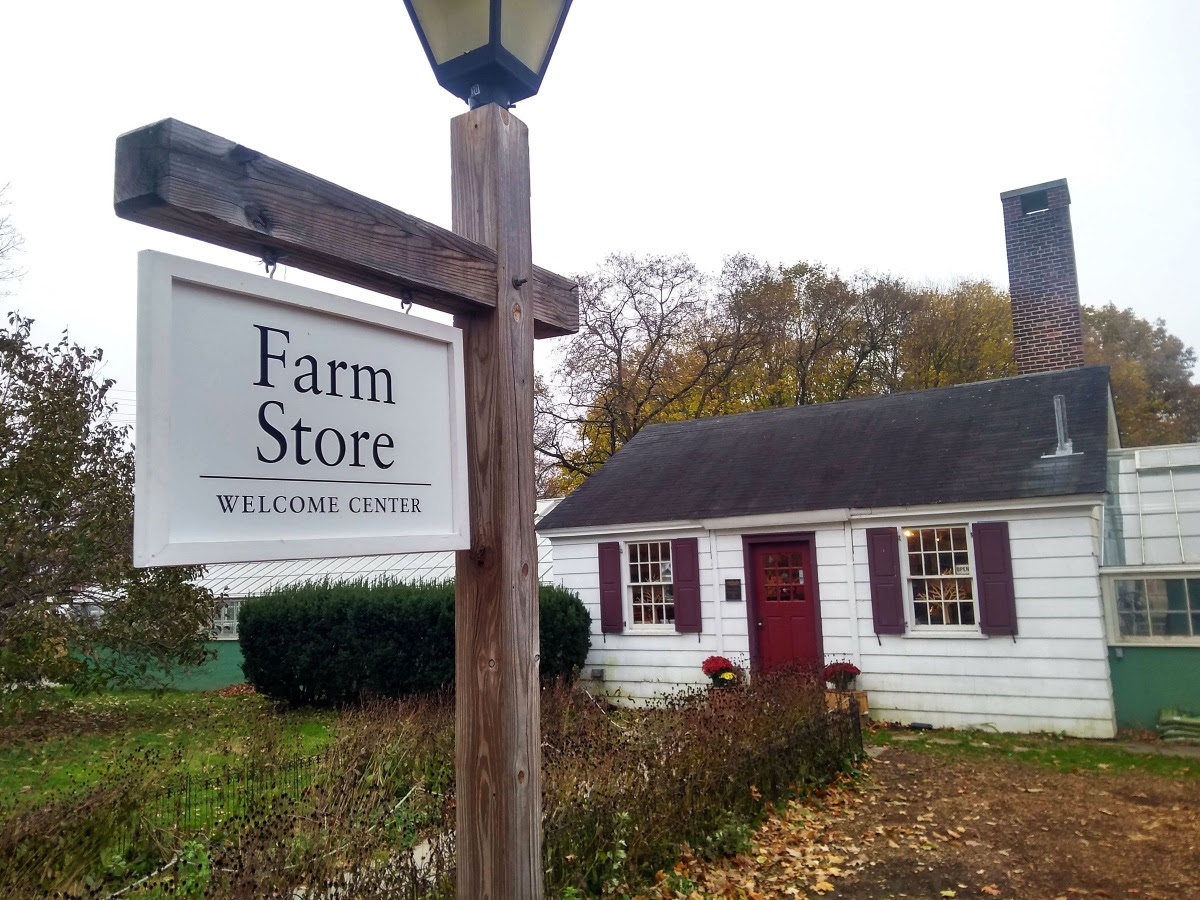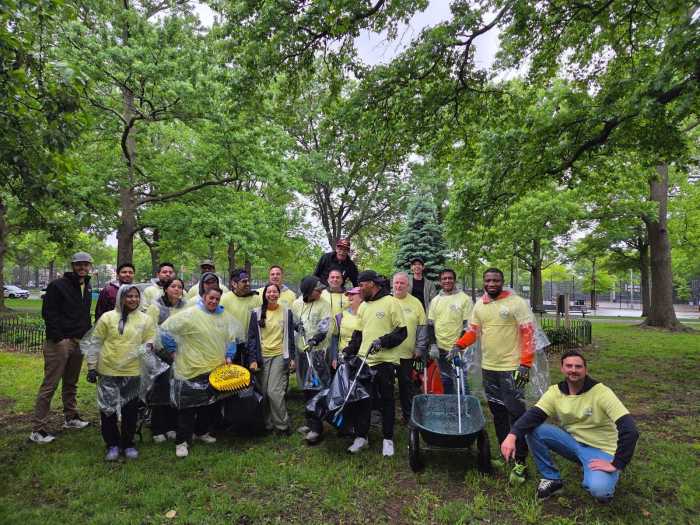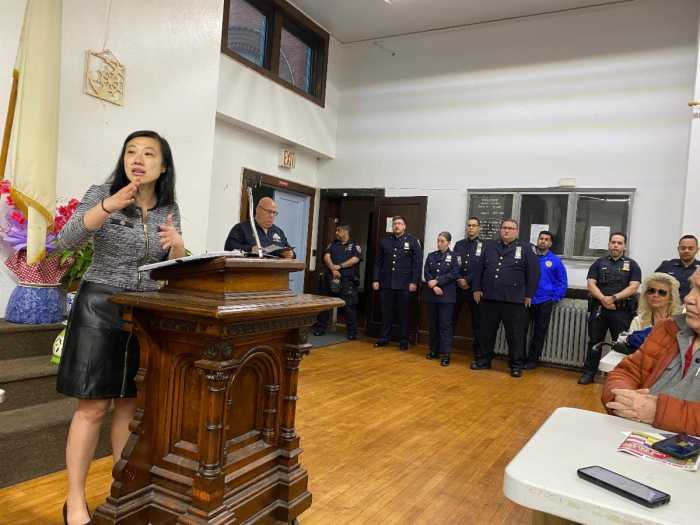In conjunction with the season of giving, Queens Farm announced its inaugural food drive in support of the Queens College, CUNY Food Pantry.
From Dec. 1 through Dec. 31, the farm encourages visitors, neighbors and the public to drop off packaged, non-perishable foods to the Farm Store, which is open daily from 10 a.m. to 5 p.m. All food donations will go to the Queens College Knights Table Food Pantry.
The school established the pantry in fall 2018 in an effort to support its population of food-insecure students. According to Queens College, the food pantry is open to matriculated students who are enrolled in the classes during the academic year.
“This year we accepted multiple forms of nutrition assistance benefits such as SNAP/EBT benefits, WIC, FMNP Checks and Health Bucks Fresh Connect Checks at our seasonal farm stand and at the farm’s Jamaica Hospital location to help New Yorkers have access to fresh produce. In addition, we donated nearly 400 pounds of fresh produce this past summer. Now that the growing season is over, we see this food drive as an extension of our work to help feed New Yorkers,” said Jennifer Walden Weprin, executive director of the Queens County Farm Museum.
Suggestions for food donations include canned fish and lean meats, nut butters, soups and stews, whole grain bread, cereal and crackers, dried rice, noodles and pasta, oatmeal, canned or dried beans, sauces and gravy, packaged fruit and vegetables and shelf-stable milk. Expired food will not be accepted.
The U.S. Department of Agriculture defined food insecurity as “having limited access to adequate food due to a lack of money or other resources.” Data from CUNY showed that 42 percent of all first-time CUNY freshmen are from households making $20,000 or less. Prior to entering college, nearly eight in 10 of those students received free breakfasts and lunches while attending DOE public schools.
In 2018, Healthy CUNY and the CUNY Graduate School of Public Health conducted a survey which estimated that 52,550 undergraduate students reported that they “often” or “sometimes” experienced two or more of the four USDA indicators of food insecurity in the last 12 months. The following are the four USDA indicators:
- Worry that they would run out of food before they could afford to buy more
- Cutting or skipping a meal because they didn’t have enough money for food
- Inability to eat balance or nutritious meals because of lack of money
- Going hungry due to lack of access to food
An estimated 35,440 students reported that they “often” or “sometimes” went hungry over the last 12 months, which the USDA considers the more serious indicator of food insecurity. CUNY published these findings in the “Q and A on Food Insecurity as a Barrier to Academic Success at CUNY” in March.
“In New York City, no college student should have to choose between staying in school or having enough to eat. Together, we can ensure that all CUNY students have the resources they need to meet their nutritional needs while pursuing their academic goals,” said Nicholas Freudenberg, professor at the CUNY School of Public Health and the lead researcher on the CUNY Food Security Survey.
Those interested in donating to the Queens Farm food drive can come by the Farm Store from Monday to Sunday from 10 a.m. to 5 p.m. for the whole month of December except Christmas Day. The farm is open until 2 p.m. on Dec. 24. Admission is free and the site is ADA accessible.





































